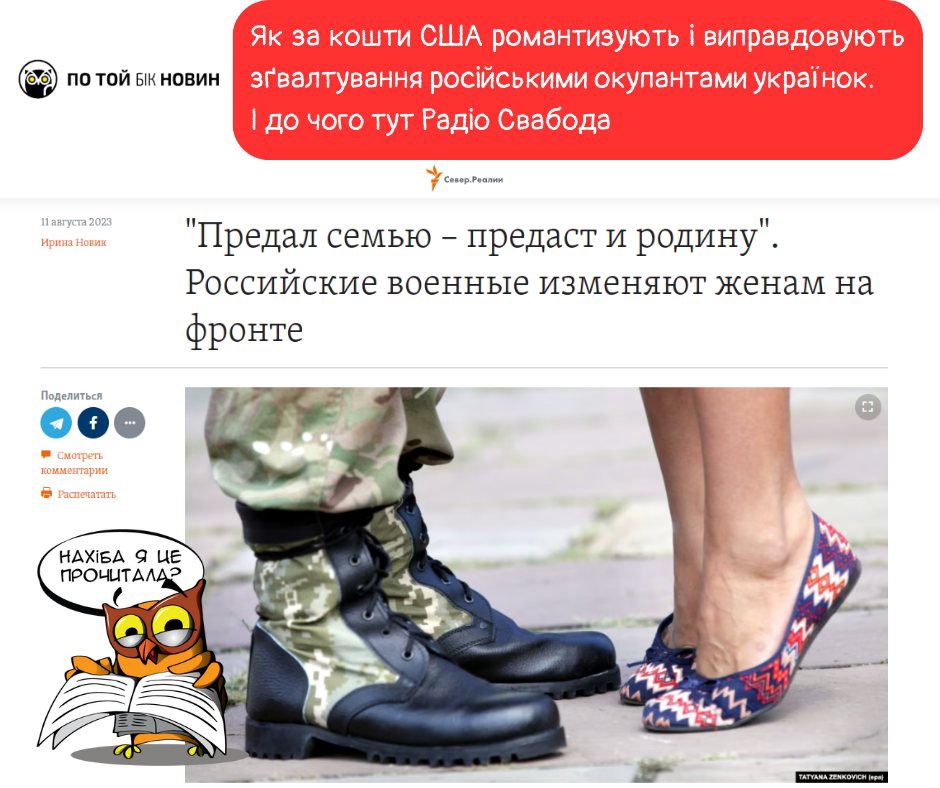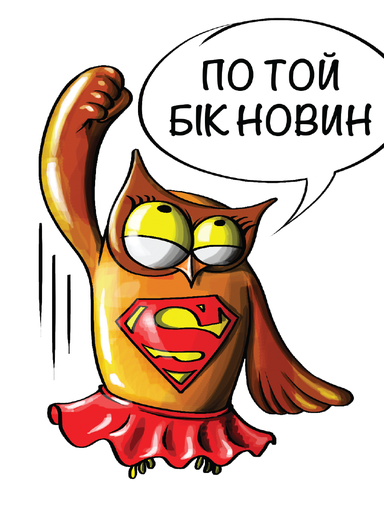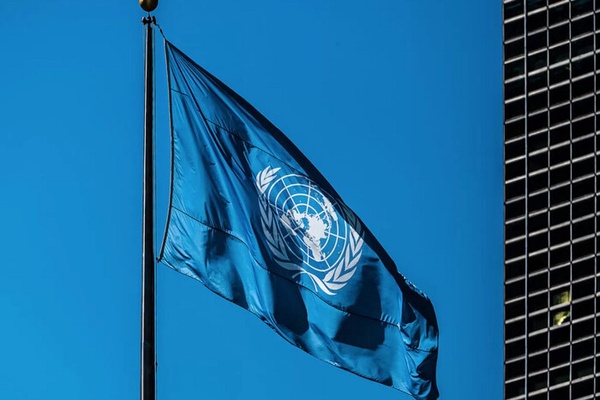How the rape of Ukrainian women by the russian occupiers is romanticized and justified at the expense of the United States. And how Radio Liberty itself is involved

In recent years, a prevailing stereotype has emerged in Ukraine’s public and political landscape regarding russian media outlets labeled as foreign agents, “undesirable organizations”, or even strictly banned in the country. This stereotype suggests that these media entities are inherently friendly rather than hostile towards Ukraine.
However, a closer examination reveals that the content and news disseminated by these media often fail to provide a balanced view of Ukraine and the current military situation.
A few days ago, the Sever.Realii website, which has been recognized as a foreign agent in russia since November 2019, published an article titled “Betraying a family will betray the homeland. russian soldiers on the frontline cheat on their wives” (translated by PTBN). https://bit.ly/45c225t
In the Ukrainian information space, this piece attracted the attention of Serhiy Sydorenko, the editor of Yevropeiska Pravda.
The article in question, allegedly funded by the United States, conspicuously romanticizes and justifies the actions of Russian occupiers in Ukraine. It emphasizes that Ukrainian women engage in intimate relations with these invaders for financial gains.
But, the article fails to acknowledge any element of coercion or necessity that may drive these women to such actions in order to survive. It’s a simple fear of being shot or the desperation of starvation, when even a loaf of bread is scarce, and children go hungry at home while even an ordinary can of stew becomes a lifeline.
Why American money? Because the Sever.Realii media project, established in September 2019 by the russian service of Radio Liberty, a broadcaster labeled as a foreign agent in russia back in 2017, is funded by the United States Congress via the US Agency for Global Media (USAGM).
When russia launched the full-scale invasion of Ukraine, the websites affiliated with Radio Liberty and other media projects tied to this structure found themselves blocked within russia’s borders https://bit.ly/3YF0dvF. Radio Liberty had to pay large fines, amounting to tens of millions of rubles, for failing to display the “foreign agent” label https://bit.ly/3QKAaB5. Subsequently, it was involved in a court-initiated forced bankruptcy procedure https://bit.ly/3E08osY
At present, the Radio Liberty website is blocked by the aggressor state, and its editorial team has relocated beyond russia. However, this relocation has not succeeded in eradicating the propaganda narratives ingrained in the minds of russian journalists.
The article quotes the wives of russian occupiers, where they are called “heroes of the Special Military Operation.” Moreover, infidelity with Ukrainian women is depicted as a minor transgression amid the backdrop of war.
Quoting verbatim:
“I wouldn’t want my explanation to sound like an ‘excuse’ for a husband who has cheated on someone. But the notions of ‘betraying the family’ and ‘betraying the motherland’ both belong to peacetime. It’s in peacetime that we have time to reason: what does it mean to ‘betray the family’? What promises did I make to my family? What will I betray it with and what will I not betray it with? And what is the ‘motherland’? Where is it? At the front, as in the army, all these considerations are switched off. Instincts take over in a powerful way.
There is no need to romanticize and heroize war - a man engaged in war is not ‘defending his homeland’, he is trying to survive. Every day. And he acts according to orders. At the same time, he finds himself in a territory of impunity - you can do everything that you couldn’t do in peacetime. There’s no direct prohibition; there’s no one to punish. So, you can take someone else’s goods, you can rob, you can hit a person with impunity, you can shoot, you can rape. There’s an expression ‘war will write off everything,’ and this saying generally reflects reality.
Cheating on your wife is the least of the sins in the system of coordinates in which people at the front find themselves. It’s forgiven easily, without a second thought.
If the women are deeply concerned about this issue, having open discussions on fidelity and its various dimensions might be crucial even before a husband departs for the frontlines. How do we feel about fidelity? Is it the only thing that keeps the family intact, or is there more to it? What are the boundaries of forgiveness for infidelity? What about doing it with a mate at the front? Do husband and wife look at these things the same way or not? This may not be the right time to learn how to talk about these difficult things. But there may not be a better time.”
End of quote.
Betraying the family is justified by claiming that war is a zone of impunity, where instincts prevail and there are no clear rules.
The wives of russian soldiers are often advised to ignore their husband’s infidelity, because war causes great psychological stress and trauma. They are suggested to have a conversation with their husbands before they depart for the front, and agree on what constitutes betrayal and what does not, and what forms of betrayal are acceptable.
Quoting:
“However, there are also human connections in these situations. Although they may find themselves on opposing sides of the frontline, they speak the same language. Some individuals have rescued, helped, or healed others. This fosters feelings of gratitude and tenderness, while heightened adrenaline and the threat of death intensify these feelings greatly. They are not just soldiers and victims, but men and women. They are on the frontlines and they realize better than anyone that they aren’t enemies and that they didn’t start this war.” says Anastasiya Rubtsova.
End of quote.
The article revisits the recurring narrative of a shared identity, emphasizing the notion of “one people”, “Ukrainians and russians are brothers; they speak the same language. It also portrays the russian military as “little people who neither initiated nor bear responsibility for the war; it’s actually the big bad guys and not us.” ![]()






